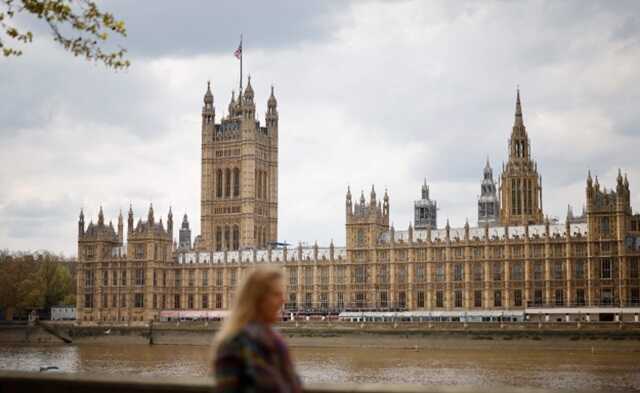Women represent only a third of local election candidates in England
Women constitute only a third of local election candidates in England, a new study has found.
Research, by the Fawcett Society and Democracy Club, discovered 34 per cent of local election candidates are women, just 26 per cent of police and crime commissioner candidates are female, while only 27 per cent of mayoral candidates are women.
The proportion of local election candidates who are women has barely changed since 2021 when women made up 33 per cent, with there only ever being one female metro mayor.
David, John, Paul, Mark and James were the top five most common first names of local election candidates.
Alesha De-Freitas, of the Fawcett Society, a leading gender equality charity, said: “51 per cent of the population but just 34 per cent of the candidates – where are all the women?
“Despite knowing that women tend to be more significantly impacted by local decisions, as we are more likely to rely on council-run services like social care, we are failing to make real progress on women’s representation at local level.”
She called for the government to urgently gather candidate diversity data – saying “we simply don’t even have the numbers on how bad the situation is for Black and minoritised women”.
She added: “And we need to make being a local councillor accessible to representatives who have caring responsibilities.”
Researchers, whose study has been released just days before the local elections on Thursday, found all parties failed to reach gender equality in terms of candidates.
Women made up 41 per cent of Labour and Green candidates, 33 per cent of Lib Dem and Trade Unionist and Socialist Coalition candidates, as well as 29 per cent of Conservative candidates, 28 per cent of independent candidates and 22 per cent of Reform UK candidates.
Despite knowing that women tend to be more significantly impacted by local decisions, as we are more likely to rely on council-run services like social care, we are failing to make real progress on women’s representation at local level.
Alesha De-Freitas
Researchers urged the government to immediately roll out Section 106 of the Equality Act, which will force political parties to gather their own candidate diversity data to see how women, ethnic minorities, LGBT+ individuals, and disabled people are represented.
The report also called for ministers to implement a statutory nationwide proper parental leave policy for councillors and also introduce a four-term limit for councillors to solve issues around more men often continuing as councillors for longer periods.
On top of this, campaigners urged political parties to establish long and short-term goals to boost women’s representation - with this comprising a commitment to equal women candidates for the forthcoming general election.
Previous research found about seven in 10 women say they would not become a politician because of fears of facing abuse or harassment in the role.
The study, again conducted by the Fawcett Society, found almost six in 10 women think sexism in local politics is a barrier to pursuing a political career.
Seven in 10 said problems juggling work as an MP or councillor with other responsibilities in their lives would be an obstacle, and six in 10 said a lack of confidence to offer themselves up has held them back.
Research has found that Black, Asian and minority ethnic female MPs are subjected to far more abuse online than their white peers - with a study by Amnesty International showing that black female MPs and journalists were 84 per cent more likely to be mentioned in abusive tweets than white women.
Read more similar news:
Comments:
comments powered by Disqus


































